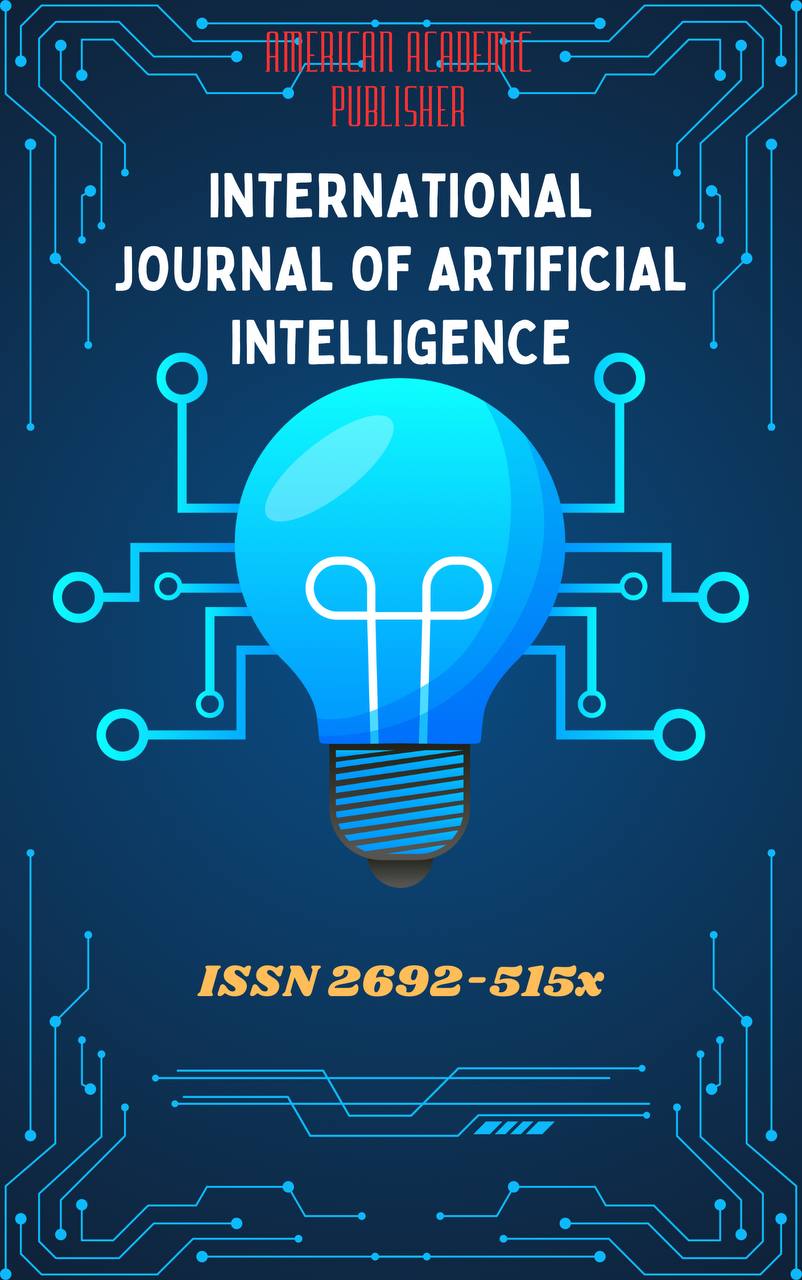 Articles
| Open Access |
Articles
| Open Access | TEACHING MATH IN THE ERA OF AI
Musajonova Shahrizoda Bekzod kizi,Kudratillaev Murodillokhon Ibodillo ugli , Presidential school in Fergana, Uzbekistan, student,Presidential school in Fergana, Uzbekistan, Teacher of MathematicsAbstract
The article “Teaching Math in the Era of AI” by Murodillokhon Kudratillaev and Shahrizoda Musajonova explores how artificial intelligence is transforming mathematics education. The authors argue that AI tools such as ChatGPT, Wolfram Alpha, and Photomath are reshaping the role of teachers—from transmitters of procedures to mentors guiding students toward deeper understanding and critical thinking. The paper emphasizes the need to shift from rote memorization to conceptual comprehension, using AI to enhance modeling, problem-solving, and real-world applications. It highlights the importance of cultivating creativity, ethical awareness, and verification skills so that learners remain critical users of AI rather than passive followers. Ultimately, the study concludes that integrating AI in mathematics education should aim to preserve the human aspects of curiosity, reasoning, and collaboration while adapting teaching methods for a technology-driven world.
Keywords
1.Artificial Intelligence (AI) – Computer systems designed to perform tasks that typically require human intelligence, such as reasoning, learning, and problem-solving; in this context, AI supports and transforms mathematics learning. 2.Mathematics Education – The field concerned with teaching and learning mathematical concepts, reasoning, and problem-solving skills; now evolving under the influence of AI technologies. 3.Critical Thinking – The ability to analyze, evaluate, and question information logically; essential for students to assess AI-generated results and identify errors or biases. 4.Conceptual Understanding – Deep comprehension of mathematical principles and relationships rather than memorization of procedures; a key learning goal in the AI era. 5.Technological Integration – The purposeful inclusion of digital tools, platforms, and AI systems in teaching practices to enhance learning efficiency and engagement. 6.Personalized Learning – An AI-supported approach that adapts educational content to each student’s strengths, weaknesses, and pace of learning. 7.Real-World Applications – The use of mathematical models and data analysis to solve authentic, practical problems, helping students connect theory to everyday contexts. 8.Ethics in Education – The practice of teaching students moral responsibility and discernment when using AI tools, ensuring fairness, accuracy, and human oversight. 9.Teacher’s Role – The evolving responsibility of educators from delivering knowledge to mentoring, guiding inquiry, and fostering independent, critical learners. 10.Student-Centered Learning – An educational approach where students actively engage in exploring ideas, solving problems, and making connections with support from AI and teacher facilitation. 11.Problem Solving – The process of identifying, analyzing, and resolving mathematical challenges creatively and logically, with AI as an aid rather than a replacement. 12.Educational Innovation – The development of new teaching strategies, tools, and frameworks—such as AI integration—to improve learning outcomes and engagement.
References
Mathematics and Education in an AI Era: Cognitive Science, Technological, and Semiotic Perspectives (Mathematics in Mind) by Dragana Martinovic and Marcel Danesi
Mathematics and Education in an AI Era Cognitive Science, Technological, and Semiotic Perspectives by Dragana Martinovic and Marcel Danesi
Promoting Student Thinking and Engagement. Valderama, A. M. C., Tuazon, J. B. D., & Garcia, M. B. (2022)
AI-Based Mathematics Learning Platforms in Undergraduate Engineering Studies: Analyses of User Experiences. Engineering for Rural Development, 23, Vintere, A., Safiulina, E., & Panova, O. (2024)
Article Statistics
Downloads
Copyright License

This work is licensed under a Creative Commons Attribution 4.0 International License.

